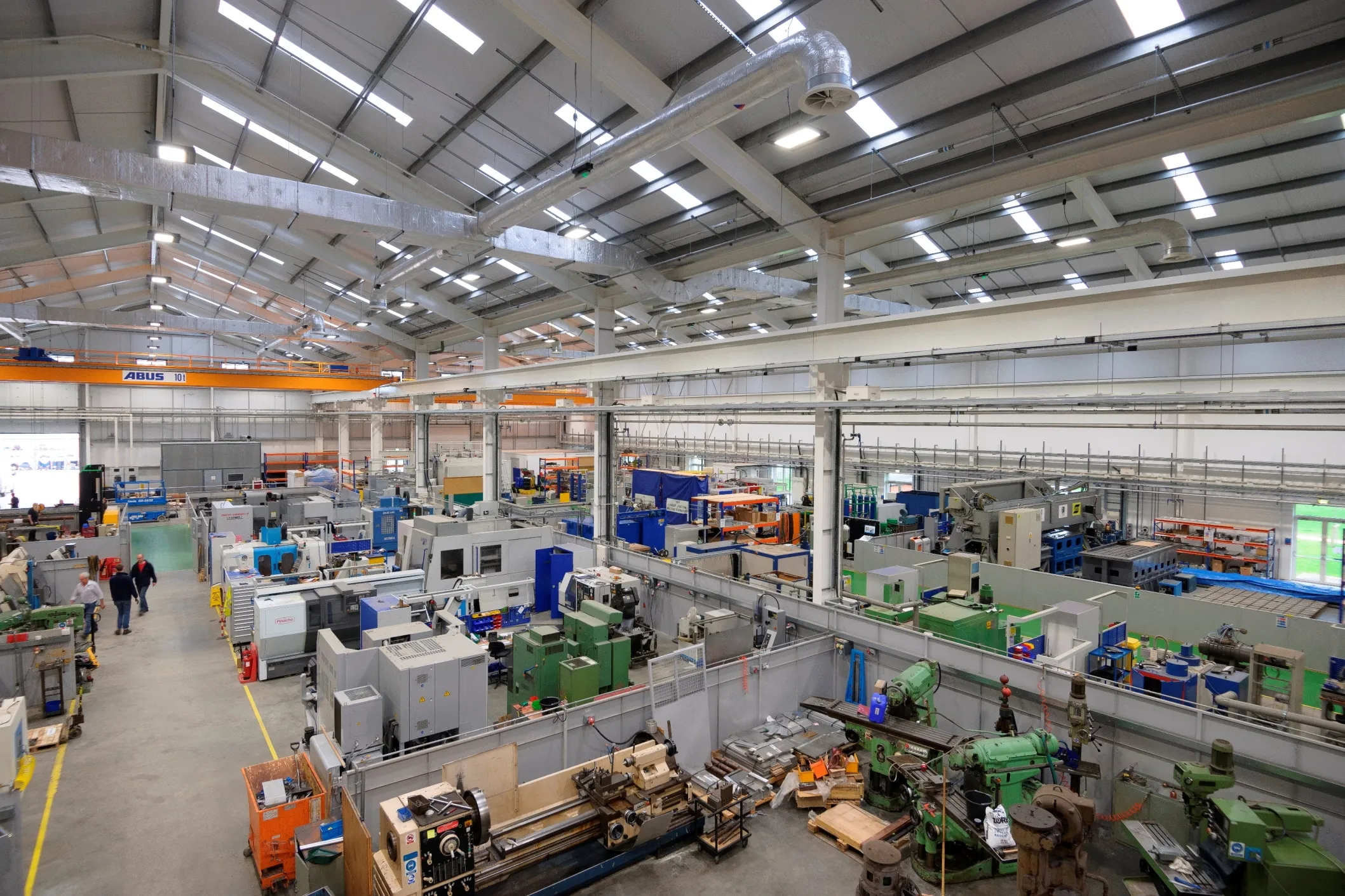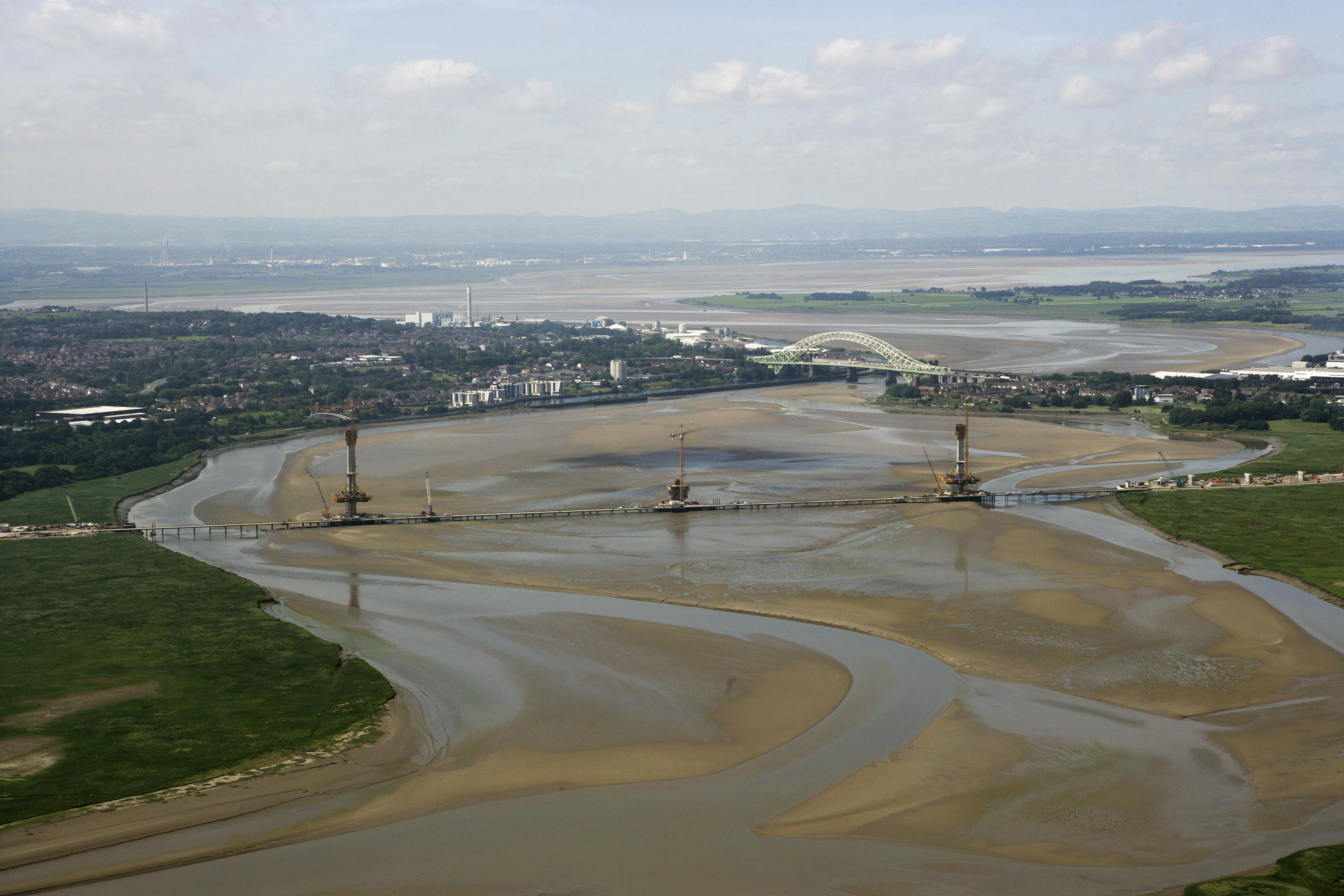
The UK’s Coventry University and global research organisation TWI have created a Fatigue and Structural Integrity Innovation Centre for their joint programmes.
TWI, based in Cambridge, England is one of the world's largest independent membership-based research and technology organisations. It has a staff of specialist consultants, engineers, scientists, researchers and technicians examining engineering, materials, structural integrity management and joining techniques.
Coventry University, in the English city of Coventry, delivers over 300 undergraduate and post graduate courses annually. Its 11 research centres address a range of issues, including sustainability, innovative engineering and disease prevention.
The new centre will focus on robotics, digital twinning, artificial intelligence, smart monitoring sensors, data clustering and advanced non-destructive testing and inspection techniques.
Specifically, the Fatigue and Structural Integrity Innovation Centre will develop technologies in the Technology Readiness Levels (TRLs) 1-6, with the aim of deepening the application of fatigue and structural integrity methods and systems. This will include working collaboratively with small to medium size businesses in the UK and Europe to access public funding from bodies such as Innovate UK and Horizon Europe to support research and development. Horizon 2020 provides grants to research and innovation projects through open and competitive calls for proposals.
Technology readiness levels were developed at NASA during the 1970s as a method for estimating the maturity of technologies during the acquisition phase of a programme - the initial period of improvement. TRLs enable consistent and uniform discussions of technical maturity across different types of technology. TRLs are based on a scale from 1 to 9 with 9 being the most mature technology.
The partnership between Coventry University and TWI goes back several years. The university has over 10 PhD research students based at the National Structural Integrity Research Centre (NSIRC) which was established by TWI in 2012 and is backed by sponsors Lloyd’s Register Foundation and BP. NSIRC students benefit from studying for their PhD in an industrial setting based at TWI Cambridge.
“Fatigue and structural integrity are critical areas across most major industries and go hand-in-hand to ensure the safe, reliable operation of plant, equipment and standing infrastructure,” said Tat-Hean Gan, director of innovation and skills at TWI.
“Whether you are addressing an oil pipeline, a wind turbine, a piece of rail track, a bridge truss or a floating production storage offloading vessel, the identification of evidence fatigue at an early stage and the application of appropriate structural integrity approaches to mitigate and rectify this are essential.”
More information on TWI and the new Fatigue and Structural Integrity Innovation Centre can be found on the website of TWI.








